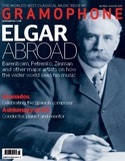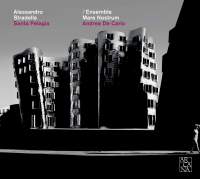Texte paru dans: / Appeared in: |
|
|
Outil de traduction (Très approximatif) |
|
|
Reviewer:
David Vickers
Pelagia (a wealthy and beautiful courtesan of Antioch) was inspired by the teaching of Bishop Nonno of Edessa to be baptised; she renounced her sinfulness and spent the rest of her days as a reclusive hermit at the Mount of Olives. Little of that is explained in the libretto’s CounterReformation trope of vanitas vanitatum: the penitent Pelagia (sung with impeccable stylishness and eloquence by Roberta Mameli) is at the centre of an intellectual moral dispute between personifications of the temptations of the World (characterised with an arrogant swagger by Sergio Foresti) and the true doctrine of the warrior Religion (the dulcet Raffaele Pe), with an occasional chime in support of Religion from Bishop Nonno (the light- toned Luca Cervoni). Regardless of how much or little of the composer’s original conception is intact, the fourth instalment in De Carlo’s ambitious Stradella Project is notable for its exceptional quality of musicianship, with all participants communicating the essence of the text with the utmost clarity and engagement. |
|




